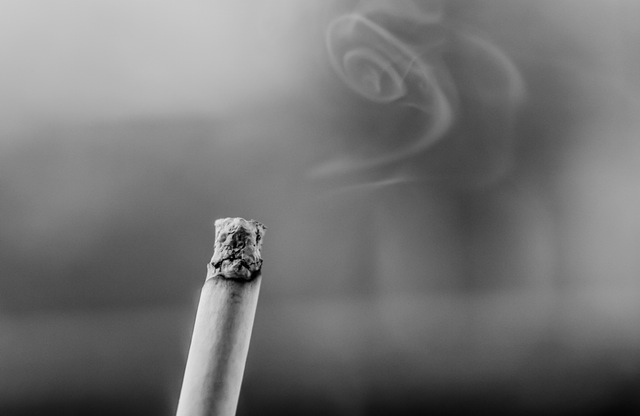Media

Cigarette Taxes Aren’t a Budget Fix
Gov. Wolf’s plan to raise taxes by more than $2.7 billion stands little chance of passing the legislature. Indeed, Republican legislative leaders effectively nixed the governor’s proposal last February. But lawmakers are still considering one element of the plan.
Last month Capitolwire reported House GOP leaders could run a bill raising cigarettes taxes to cover the projected structural deficit—an unfortunate feature of autopilot budgeting.
Cigarette taxes may be politically acceptable, but the regressive nature of the tax is troubling.
According to a Cato Journal article, more than a third of men and a quarter of women below the poverty line reported smoking in 2012. Both figures are above the national average. In other words, cigarette taxes hit the poor most often and have a disproportionate effect on their incomes:
From 2010 to 2011, smokers earning less than $30,000 per year spent 14.2 percent of their household income on cigarettes, compared to 4.3 percent for smokers earning between $30,000 and $59,999 and 2 percent for smokers earning more than $60,000.
In a paper released last year, two Cornell University economists discovered an unintended consequence of higher cigarette taxes: larger food stamp rolls. This finding should be unsurprising given the people most likely to apply for food stamps are those living near the poverty line.
Some say the benefits of this “sin” tax outweigh the costs. For instance, the tax-induced increase in prices will lead to fewer smokers. Intuitively, this makes sense. But more research from the Cato Journal reveals why this benefit is overstated:
One can see that, from 1980 to 1994, there was a relatively strong negative relationship between cigarette taxes and consumption—as taxes (and prices) increased steadily, consumption decreased steadily. However, after 1994, the relationship largely breaks down. Cigarette consumption continues on the same steady downward path after 1994, but taxes remain flat between 1994 and 1998 and then spike between 1998 and 2009, with no noticeable change in the trend in cigarette consumption.
While smoking has declined as a result of the [federal] tax, our recent study shows that the “core” of smokers that remains after the multiple recent tax increases is less responsive to price increases than commonly assumed.
If higher taxes do not deter a core group of people from smoking, then, theoretically, cigarette taxes should provide a stable source of revenue. New York’s experience demonstrates otherwise.
The Empire State, which has the highest cigarette taxes in the country, saw revenue drop by $400 million over the past four years. While smoking did decline, it cannot account for the dramatic decrease in revenue. Smokers simply turned to the black market or neighboring states for cigarettes.
If Pennsylvania adopts Gov. Wolf’s cigarette tax proposal, the state’s tax rate will be higher than four of the six bordering states, spiking cross-border shopping and cigarette smuggling.
Lawmakers should reject any attempts to balance the budget on the backs of the poor through tobacco tax hikes and focus on ways to reduce government spending.
The commonwealth already imposes a heavy tax burden on Pennsylvanians. Adding to it will only compound the state’s economic challenges without addressing the source of its fiscal woes.